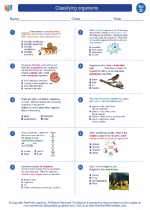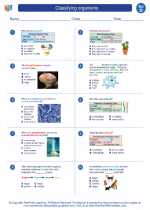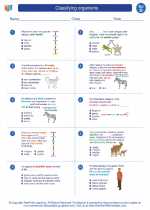Hysteresis
Hysteresis is a phenomenon that occurs in the behavior of some materials or systems, where the response of the system depends not only on the current input, but also on the history of the system. This means that the system retains a "memory" of its past state, and this memory affects its current behavior.
Causes of Hysteresis
Hysteresis can be caused by various factors, such as friction, magnetic effects, and phase transitions in materials. In the context of magnets, hysteresis occurs due to the alignment of magnetic domains within the material.
Examples of Hysteresis
One common example of hysteresis is the behavior of ferromagnetic materials, such as iron, when subjected to a changing magnetic field. The magnetization of the material lags behind the changes in the applied magnetic field, and the relationship between the two forms a loop known as a hysteresis loop.
Applications of Hysteresis
Hysteresis is utilized in various technologies and systems, such as in magnetic data storage devices (e.g., hard disk drives), magnetic sensors, and in control systems where the history of the system's input is important for its current state. Understanding and controlling hysteresis is crucial in these applications to ensure the desired performance of the systems.
Study Guide
- What is hysteresis? Explain with examples.
- Discuss the causes of hysteresis in materials and systems.
- How does hysteresis play a role in magnetic materials? Provide examples.
- Explain the practical applications of hysteresis in technology and engineering.
- Describe a real-world scenario where hysteresis is important for the proper functioning of a system.
◂Science Worksheets and Study Guides Fourth Grade. Classifying organisms

 Worksheet/Answer key
Worksheet/Answer key
 Worksheet/Answer key
Worksheet/Answer key
 Worksheet/Answer key
Worksheet/Answer key
 Vocabulary/Answer key
Vocabulary/Answer key
 Vocabulary/Answer key
Vocabulary/Answer key
 Vocabulary/Answer key
Vocabulary/Answer key
 Vocabulary/Answer key
Vocabulary/Answer key
